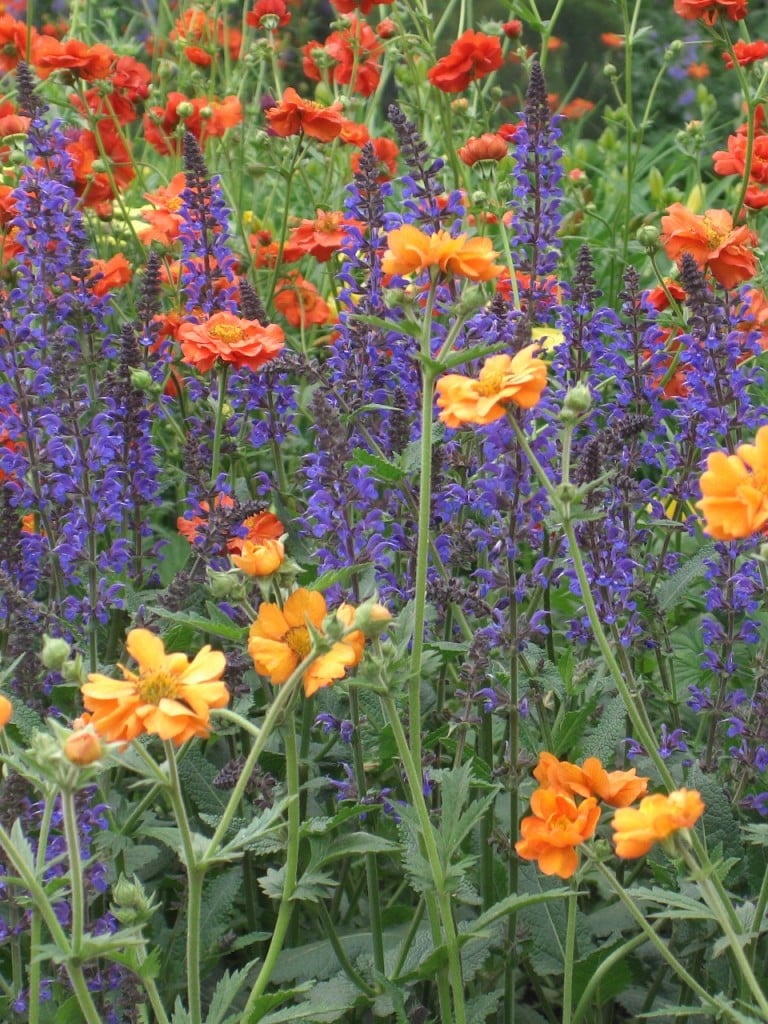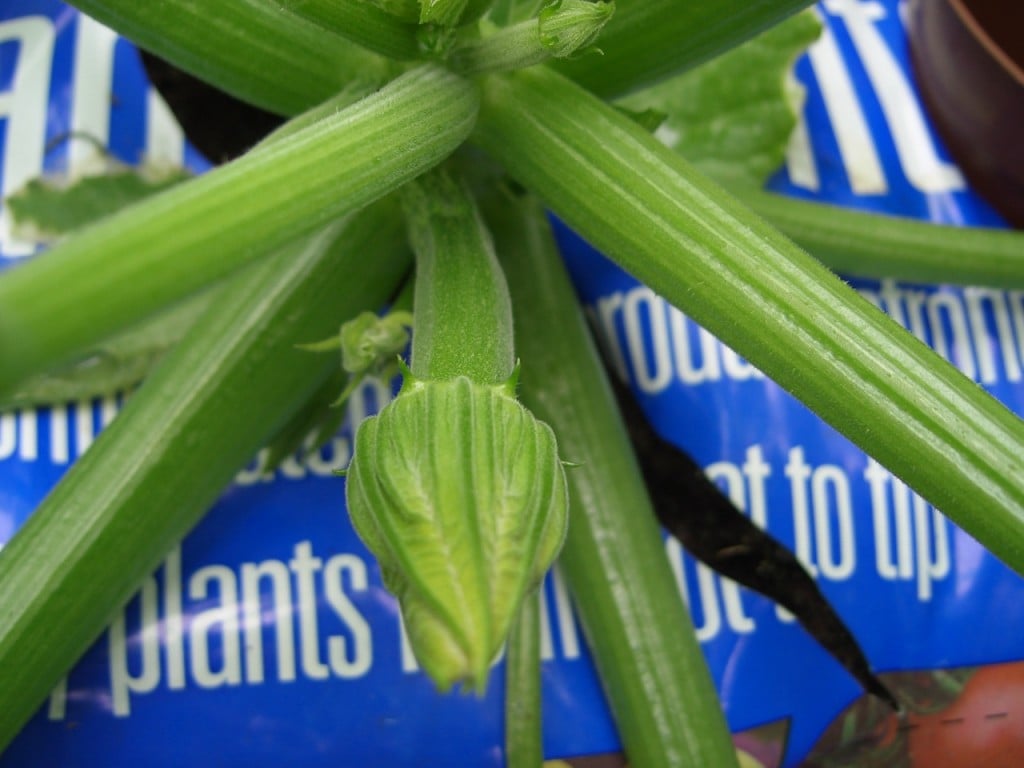Keep your greenhouse and garden free from toxins for the healthiest crops, says Jean Vernon
You don’t need to use pesticides in your garden or greenhouse.
Some gardeners reach for the spray with little thought about what they are doing, intent on destroying whatever bug or creature is eating their plants. But pesticides cost the earth in more ways than one and you might be surprised to learn that you don’t really need them, there are plenty of ways to control pests without reaching for the poisons (more on this next time). The t erm pesticide itself it a bit of a misnomer really, they should be called Toxins or Poisons and be really clear about what they do. Pesticides don’t just kill pests. And that my gardening friends is the very first reason not to use them.
erm pesticide itself it a bit of a misnomer really, they should be called Toxins or Poisons and be really clear about what they do. Pesticides don’t just kill pests. And that my gardening friends is the very first reason not to use them.
1 Insecticides, which are a pesticide, kill many types of insects. They aren’t selective, they are designed to kill insect pests, but they can’t tell the difference between an aphid and a lacewing. What’s more many leave powerful residues on the plant that linger to affect unassuming pollinators visiting flowers to sup nectar and harvest pollen. The poisons are either sprayed onto the ‘pest’ as a contact spray, or onto the plant to be taken inside the plant as a systemic insecticide that will kill feeding insects. The first type, the contacts kills any insects that it touches and any that run into the wet chemical on the plant. The second type are more invisible, and are taken up by the plant and remain active within the whole plant where they affect insects that suck sap. In agriculture they are coated onto the seeds before sowing so you won’t even know they are there. Research shows that tiny amounts of these toxins are present in the pollen, nectar and the guttation fluid that seeps from the edges or tips of leaves – which are all collected by bees and other pollinator insects.
2 ‘Pests’ are part of the food chain, so if you zap all the caterpillars you are depriving many birds and other wildlife such as bats, frogs, toads and hedgehogs of a vital source of protein at a time that they need it most. Almost every epidemic of pest coincides with a burst in predator numbers. Breeding season for the birds is perfectly timed with the pest explosion in our gardens to ensure there is food for them to feed their young.
3 Pesticides are poisons and why on earth would you spend hours of time and hard earned money to grow your own crops to coat them with poisons before you eat them? Most pesticides have a residual effect, which is why there is a harvest interval required between the time you sprayed and when you can eat the crop. But even so, is it worth the risk? Pesticide free and organic crops have a greater commercial and intrinsic value and are so much better for your health.
4 If you have young children or grandchildren, keeping chemicals out of harms way is essential. Every year there are thousands of incidents of poisoning from pesticides. Why take the risk? If you don’t have any in the home then you don’t need to worry that they could be a potential hazard for your family.
5 Garden pests are part of the natural cycle. If you live and let live then natural predators will move in to deal with a pest explosion. Watch as a flock of long tailed tits swoop into the garden and feast on aphids on your roses. In otherwords, you don’t need to use chemicals to kill things, let nature do its work.
need to use chemicals to kill things, let nature do its work.
6 Weedkillers are pesticides. But most weeds can be dealt with by some hard work and elbow grease, or just live with them. Dandelions and daisies in the lawn provide vital spring forage for our garden pollinators. Don’t get hung up on neat and tidy lawns, let it go a little wild, it looks pretty and it’s healthier for wildlife. Weedkillers are under the spotlight currently regarding their affect on human and animal health. You only need to Google the active ingredient Glyphosate to learn more about the issues.
7 Pesticides can affect your pets. Check the label and see for yourself. When it says keep pets off the treated area, it means that there is a potential risk to their health.
8 Bugs can’t read. Just because the pack says Ant Killer doesn’t mean it will just kill ants. It will also affect beetles that eat loads of garden pests and if you are lucky enough to have stag beetles on your patch it could kill them too.
9 Don’t waste your money. By using natural control methods and tending to your plants daily you can monitor pest problems, remove offending bugs by hand (and feed them to the birds) and save yourself time and money.
10 Pesticides can alter the pH level of your garden soil and garden water, affecting the delicate skin of amphibians such as frogs and toads and newts, which are fabulous, bug busters. It is also thought to affect their reproduction cycle. What’s the point of using chemicals to kill pests if they can affect the very creatures that would eat the pests anyway?
And remember, pesticides get banned every so often and if you’ve got a bottle lurking in the shed that is long past its sell by date, it may also now be illegal to use it or even to own it. Whatever you do, don’t tip it down the drain. Take it to your local refuse disposal site and they will have the correct facilities to dispose of it for you. But think again before you buy your next toxin gun for the garden.


